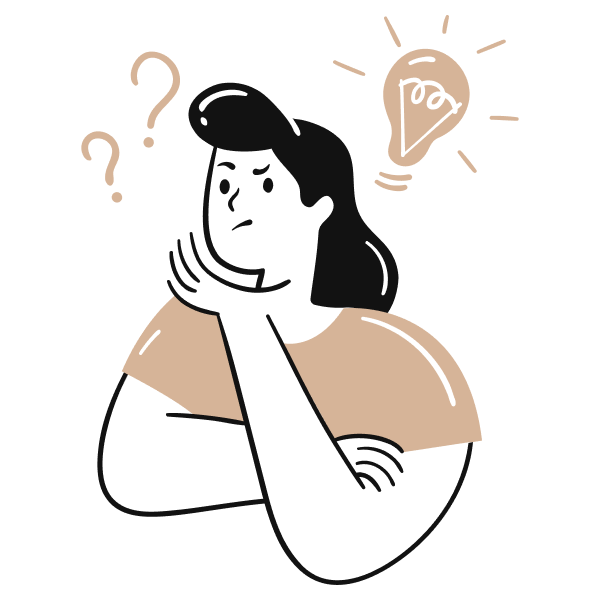If you are afraid to show your emotions or you become anxious and overwhelmed by feelings: you suffer from Affect Phobia. A fear of your own feelings and emotions. With Affect Phobia Therapy you overcome this fear. Find out if this therapy is right for you.
What is affect phobia?
-
Making choices;
-
Connecting with others;
-
Setting boundaries.
What is purpose of Affect Phobia Therapy?
Affect Phobia Therapy helps you if you are afraid of your feelings and emotions. The goal of therapy is to overcome fear and resistance. You learn to have more confidence in yourself again so that you can handle feeling your own emotions without being overwhelmed by them. After therapy you manage to express yourself better emotionally, live more freely and make choices that suit you as a person.
Who can benefit from this therapy?
Affect Phobia Therapy is a suitable therapy if you are afraid to admit and express your emotions and feelings. Everyone has difficulty expressing emotions in certain situations from time to time. When the fear of this dominates your life, it is called an affect phobia. An affect phobia is accompanied by several symptoms.
Which symptoms are associated with affect phobia?
If you fear your emotions and withdraw as a result, you may become estranged from others. You don’t dare to show your vulnerability and you suppress your feelings. This may have a negative impact on your quality of life. For example, you experience:
How does Affect Phobia Therapy work?
This therapy involves working with McCullough’s model. This model assumes that your anxiety is the result of an internal conflict: a battle in your mind between feelings and desires on one side, and the fear of experiencing and expressing your feelings on the other.
This fear is not innate. It has developed through your life experiences. As a result of what you experience in your life, you learn self-protection patterns. These patterns help you to not feel your emotions and you fear of your emotions, but in doing so, you strengthen your symptoms.
In therapy you will work with the psychologist to find the self-protection pattern that plays an important role with you, also named the core conflict.
What does the therapy look like?
Affect Phobia Therapy starts with understanding how you currently act in certain situations:
- What feelings are you experiencing?
- What fears?
- What insecurities?
- What situations do you avoid?
To find out, you’ll also discuss your past with your psychologist. You will discover and understand why you suppress certain feelings.
You get more insight into which self-protection pattern you have built up. This pattern may have protected you earlier in your life. However, it no longer helps you at this point in your life. This pattern has started to feel familiar, which can make it difficult to let go. Your psychologist will help you with this.
You will learn how to allow your feelings back in and how to express your emotions to those around you. You practice these new skills during treatment in role plays, for example.
Another part is discussing how you look at yourself. Some people are very hard on themselves or judgmental. This leads to a lack of self-confidence. Learning to look at yourself with more compassion and kindness can help you.
More information
Would you like more information about Affect Phobia Therapy? Our psychologists are happy to help you.
-
To see if Affect Phobia Therapy is the right treatment for you or if you have any questions, you may always contact iPractice for advice. Get in touch via 085 130 8900.
-
At iPractice, you will work with 2 psychologists. Treatment consists of both online contact and regular consultation room sessions at one of iPractice’s locations. Or find more information about the intake and treatment process at iPractice.
-
Affect Phobia Therapy is often used as a treatment method for fear of feelings or emotions.
-
The cost of therapy is reimbursed by most health insurance companies with a referral letter from the general practitioner and if the classification is determined according to DSM-5 guidelines. See which health insurance companies reimburse our care.
-
Read more about finding a suitable psychologist.
FAQ
The amount of session depends on your individual situation. For some, there is improvement after only a few sessions, while others may require a longer treatment period. The success of therapy also depends on your own motivation and willingness to commit to your treatment. In general, the outlook after Affect Phobia Therapy is positive, with your emotional well-being and quality of life improving.


 Nederlands
Nederlands

